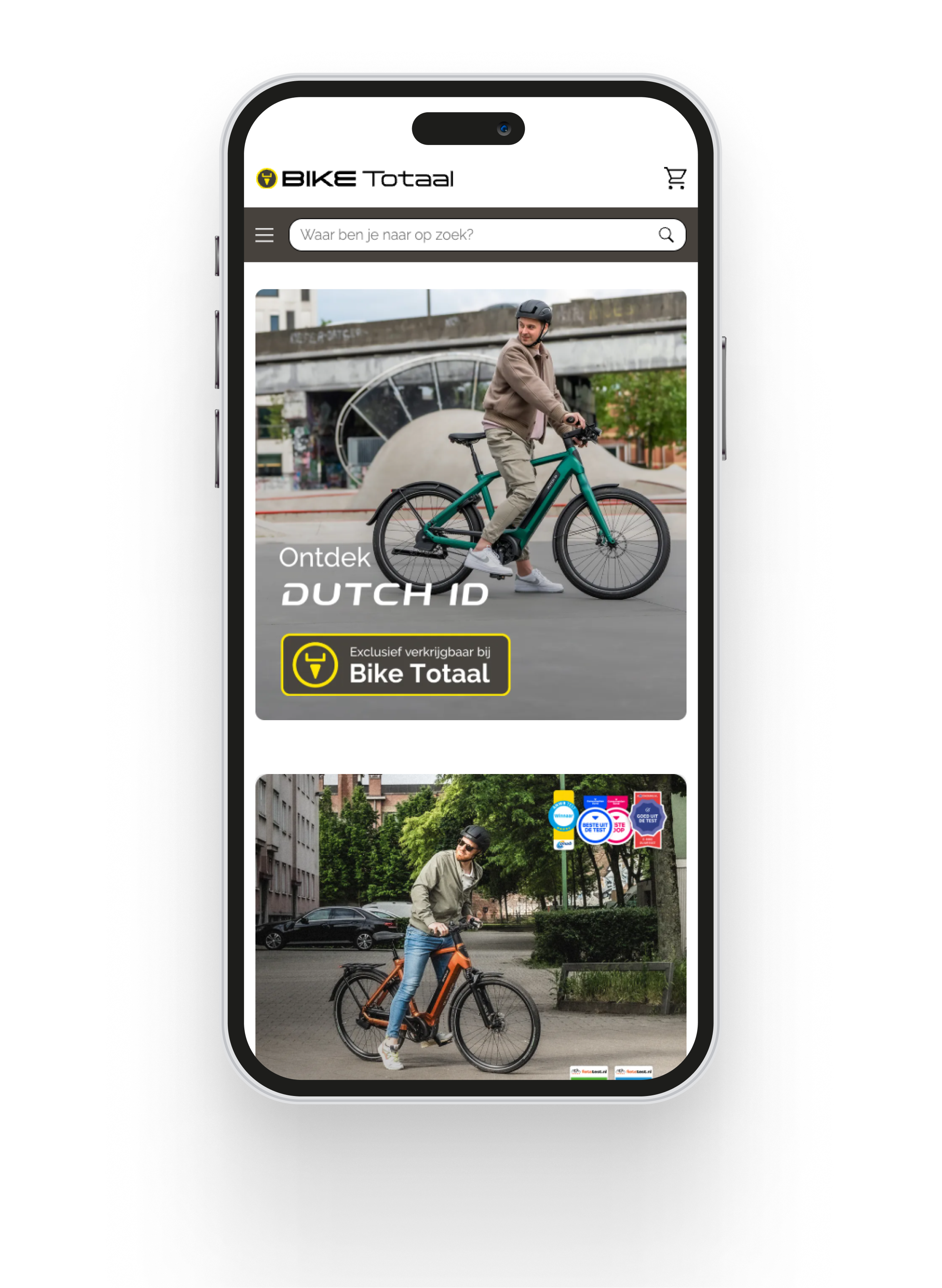As one of the leading bike retailers in Europe, Dynamo Retail faces a unique ecommerce challenge: using its web presence to drive traffic to affiliates’ physical shops. Unfortunately, poor search relevance and slow performance from its existing search engine failed to deliver, so the company made the critical shift to Algolia and its advanced features. Now Dynamo has increased search use and click-throughs, leading to more in-store visits, test rides and purchases from its discerning, evolving customer base.
-
-
SearchShow users what they're looking for with AI-driven resuts.
-
RecommendationsUse behavioral cues to drive higher engagement.
-
PersonalizationShow each user what they need across their journey.
-
AnalyticsAll your insights in one dashboard.
-
BrowseMove customers down the funnel with curated category pages.
-
Agent StudioCreate, test, and deploy AI agents, fast.
-
Generative ExperiencesBuild conversational solutions with retrieval augmented generation (RAG).
-
Ask AIDeliver conversational answers—right from your search bar.
-
MCP ServerSearch, analyze, or monitor your index within your agentic workflow.
-
Data EnrichmentModify, enhance, or restructure data as it’s indexed for search.
-
Data TransformationStreamline data preparation and enhance data quality.
-
IntegrationsConnect to your existing stack via pre-built libraries and APIs.
-
Data CentersChoose from 70+ data centers across 17 regions.
-
Security & ComplianceBuilt for peace of mind.
-
-
- Preise
-
GET STARTED
RESOURCES
-
INSPIRATION
Quick Access








